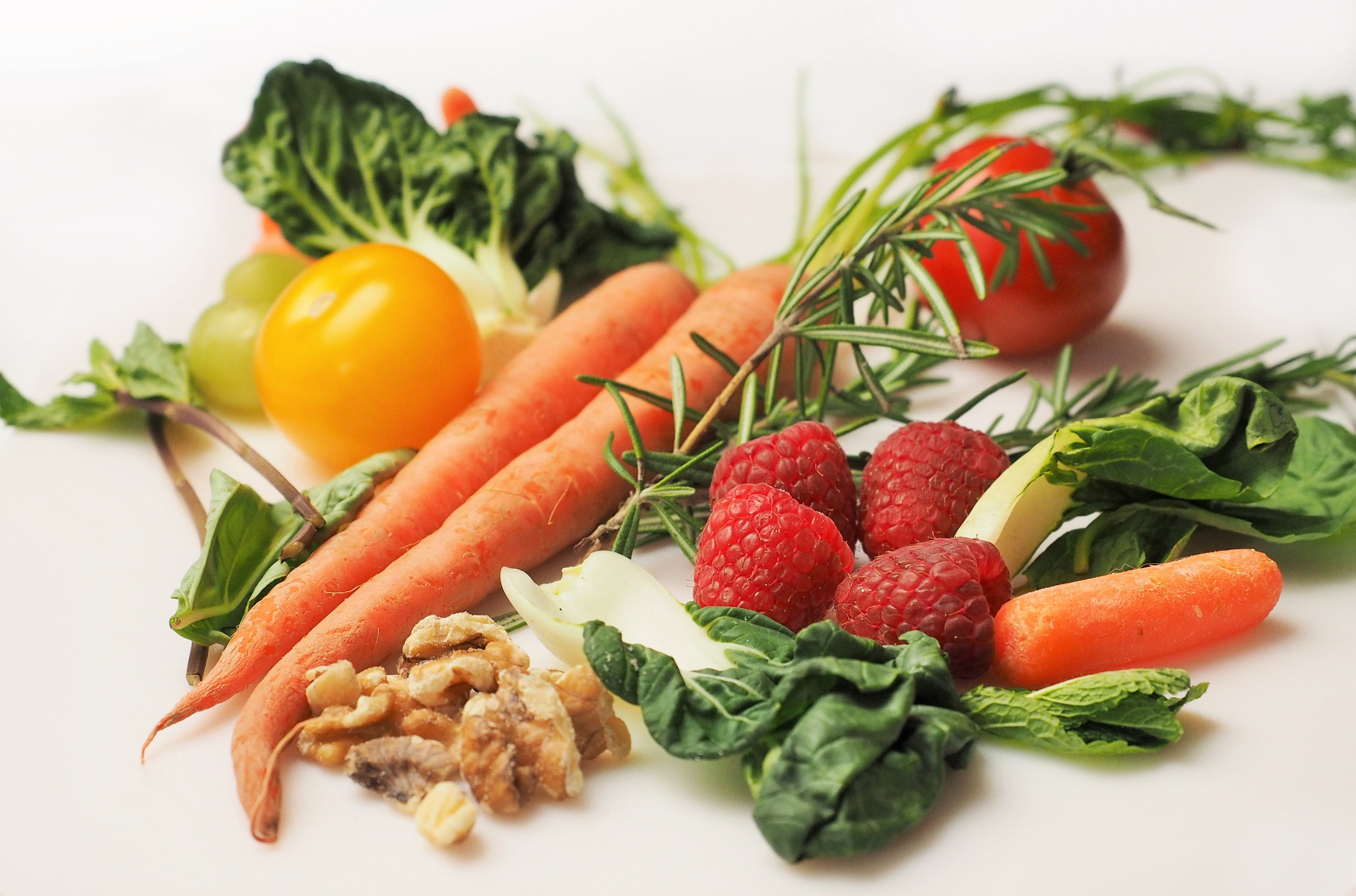 It can be hard to include the right balance of vitamins through diet alone. It’s always important to provide good, balanced meals for yourself or your little ones. It is possible to maintain a good balance of nutrients with diet alone. However, some may consider a supplement if you or your child isn’t receiving their minimum RDAs (Recommended Dietary Allowances).
It can be hard to include the right balance of vitamins through diet alone. It’s always important to provide good, balanced meals for yourself or your little ones. It is possible to maintain a good balance of nutrients with diet alone. However, some may consider a supplement if you or your child isn’t receiving their minimum RDAs (Recommended Dietary Allowances).
Those who are vegetarian or vegan may need to rely on supplements or enriched foods for some of the vitamins and minerals that are only found in meat and/or dairy.
Water-Soluble vs. Fat-Soluble Vitamins
All vitamins are either water-soluble or fat-soluble in our bodies.
Water-soluble vitamins, like C and B vitamins, travel through the bloodstream. Whatever you don’t use is expelled when you urinate. However, it’s important to maintain a good balance rather than overdosing yourself or your child.
Fat-soluble vitamins, like A, D, E, and K, are stored in fatty tissues and in the liver. They are used as your body needs them and otherwise remain stored. Large quantities of fat-soluble vitamins tend to be more toxic because your body stores them, rather than pees them out.
Minerals, such as iron, magnesium, zinc, and iodine, are not necessarily water- or fat-soluble. However, all minerals are toxic at very high levels. Typically, mineral toxicity occurs when a child or adult has consumed too much of a supplement.
Vitamin Deficiencies
Eating a good balance of foods isn’t always possible for us humans. If you eat little to no meat and fish, you may be deficient in vitamin B12 and omega-3 fatty acids. If you’re like most Americans, you’re probably deficient in vitamin D and calcium. Anyone could be deficient in one or many vitamins and minerals and they may not necessarily recognize it.
It is important to consume the minimum RDAs (Recommended Dietary Allowances) of vital nutrients in order to maintain good health. The word ‘minimum’ indicates that we can typically take supplements and still continue to eat foods that may have additional vitamins and minerals in them. However, it is possible to get too much of these vitamins and minerals.
Vitamin Overdose
Overdosing yourself or your child can be to the detriment to bodily function. Large quantities of some nutrients can be toxic and can cause serious conditions. Be sure to check labels in the event that some of your supplements contain significantly more than the minimum RDAS. For a more in-depth look at deficiency and toxicity, check back in on our vitamins and deficiencies blog series, including the following:
- Vitamin A
- B Vitamins
- Vitamin C
- Calcium and Vitamin D
- Vitamin E
- Iodine
- Iron
- Vitamin K
- Magnesium
- Omega-3 Fatty Acids
- Zinc
Additionally, supplements are usually sold over-the-counter at your local grocery store or vitamin shop. It is important to remember that diet supplements are not tested and regulated like prescription drug products. Problems with safety, contamination, and quality can occur with these products, even if purchased from a reliable source. They are usually safe. However, if you’re unsure about a vitamin, be sure to consult your healthcare provider. Visit the Growing Healthy Together Fullscript page for a look at the vitamin and mineral supplements that we prefer.
For questions or concerns, please respond to this blog or contact us!




